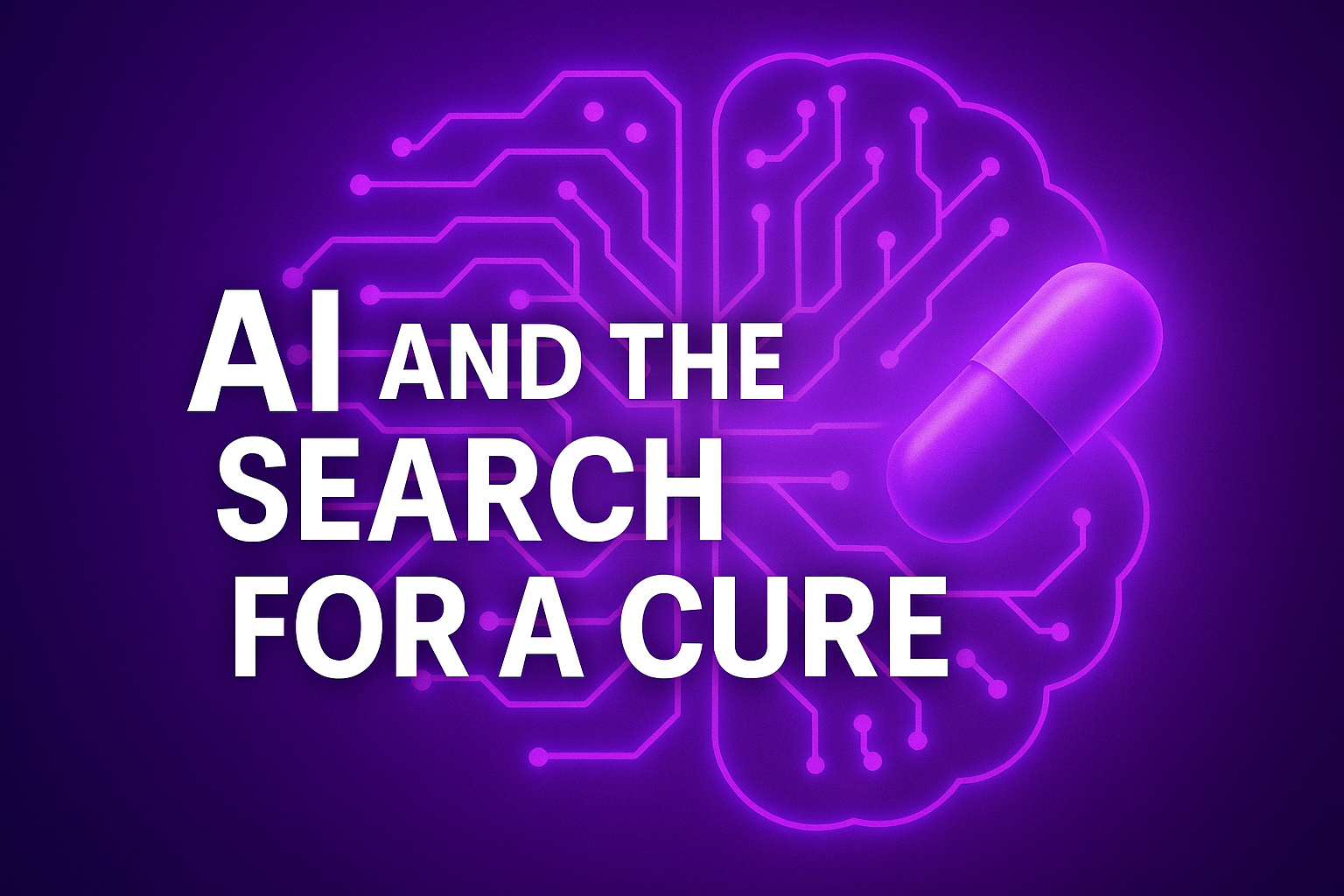
Imagine being told you have cancer. You sit in front of a doctor as they lay out your treatment plan—drugs, timelines, side effects, and survival rates. You nod. You ask a few questions. But something inside you wonders: Is this really the best path for me?
That was my reality.
I was prescribed Cisplatin, a common chemotherapy drug. But before I agreed, I turned to something unexpected for a second opinion: ChatGPT. Not to search. To research. I went deeper—asking about genetic markers, like ADH1C, and how they might influence the drug’s effectiveness in my case. The AI didn’t give me a simple yes or no. It gave me context, emerging studies, genetic links, and alternative considerations I hadn’t heard in the clinic.
That’s when I realized:
AI isn’t just a tool—it’s another brain, another lens, another voice in the room.
Recently, WIRED reported that OpenAI has been meeting with the FDA to explore using AI in drug evaluations. One of the projects being discussed is called cderGPT, which could assist with reviewing treatments faster, especially for diseases like cancer and diabetes.
It’s a bold step—but also just the beginning.
Right now, most of the talk around AI and medicine is focused on administrative efficiency—speeding up approvals, checking application completeness, reducing the backlog. While that’s important, we’re asking:
Why stop there? Why not use AI to help create cures—faster, smarter, and more precisely?
Here’s what I did—and how you can, too.
Started with the basics
I asked ChatGPT: “What is Cisplatin used for?” and “How effective is Cisplatin for [my specific cancer type]?”
Got more specific
Then I dove deeper: “How does the gene ADH1C affect Cisplatin resistance?” That opened up a cascade of insights—real clinical trials, ongoing studies, and biochemical pathways I could understand thanks to AI’s clear explanations.
Cross-checked information
I took the terms, gene names, and studies mentioned and searched them independently through PubMed, Google Scholar, and cancer research databases. AI gave me the compass—I did the walking.
Went back to my doctor with informed questions
I wasn’t dismissive—I was empowered. I asked about genetic testing, resistance pathways, and other therapies. The conversation changed. The energy shifted. I wasn’t just a patient anymore—I was a participant.
Whether you’re facing a diagnosis, helping a loved one, or just trying to understand your options better, here’s a simple roadmap:
✅ Ask specific questions
Start with things like:
“What does [drug name] treat?”
“Are there genetic markers that affect response to this drug?”
“What are the newest treatments for [condition] in 2025?”
✅ Use your own medical records (when you have them)
You can feed non-sensitive versions of lab results or pathology summaries into ChatGPT and ask:
“Explain this pathology report in plain language.”
“What should I ask my doctor about this result?”
✅ Generate informed questions
“Give me 5 important questions to ask my oncologist about this treatment.”
“What clinical trials should I ask about for [my condition]?”
✅ Cross-reference everything
ChatGPT is powerful—but not infallible. Use it as a guide, not a final answer. Always verify important claims with scientific journals or talk to your doctor.
The FDA using AI for approvals is a great start. But it’s time to reframe the conversation:
AI shouldn’t just help approve drugs. It should help discover and design better ones.
We’ve already seen AI models generate new molecular structures, identify targets in rare diseases, and map protein folding in days instead of years. The potential to personalize treatments, reduce toxic side effects, and even predict resistance before it occurs is no longer science fiction—it’s just underutilized.
If you’re reading this and going through something heavy—know that you’re not alone. And know that AI might be one of the most surprising, empowering tools in your healing journey. It doesn’t replace your doctor. It doesn’t replace your intuition. But it adds another mind to your support team.
Let’s stop treating AI like it’s just a fancy calculator. It can be your co-researcher. Your question-generator. Your explainer-in-chief. And yes, maybe even your ally in finding a path forward that no one else thought to look for.
—
Curious with AI is about more than just technology—it’s about reclaiming power, asking better questions, and being an active participant in your own story.
Let’s keep pushing.
Let’s stay curious.

Discover special offers, top stories, upcoming events, and more.

As an Amazon Associate I earn from qualifying purchases. Copyright © 2023 Curious With AI
